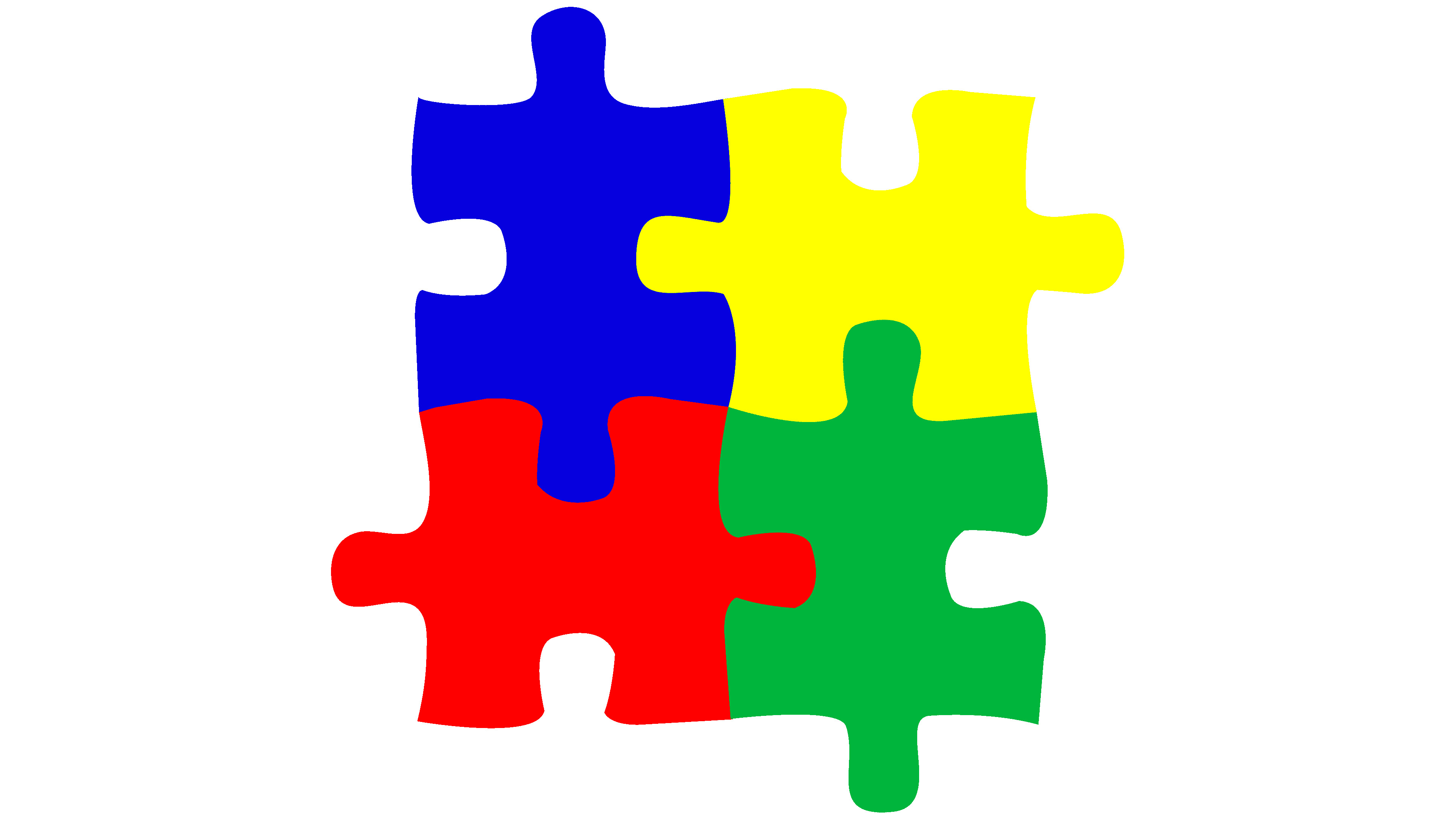The Role of Education And Learning in Supporting Pupils with Autism: Finest Practices
The Role of Education And Learning in Supporting Pupils with Autism: Finest Practices
Blog Article
Recognizing Autism: A Comprehensive Overview to Indicators and Signs And Symptoms
Autism Range Problem (ASD) encompasses a broad range of characteristics that can dramatically impact a person's social communications and daily performance. Understanding these subtleties not just help caretakers and teachers in offering suitable assistance but additionally fosters an extra inclusive atmosphere for individuals with ASD.
Summary of Autism Spectrum Problem
Specifying Autism Range Disorder (ASD) includes acknowledging it as a complicated neurodevelopmental condition characterized by a range of obstacles in social interaction, interaction, and behavior patterns. The term "spectrum" mirrors the wide irregularity in signs and their severity, which can differ significantly from one person to another. ASD typically manifests in very early childhood years, although some individuals might not get a diagnosis till later in life.
Aspects influencing the advancement of ASD consist of hereditary predispositions and environmental variables, although the precise causes remain under examination. Diagnosis frequently counts on behavioral evaluations, as there are no clear-cut medical tests for ASD. Early treatment is important and can considerably boost results, concentrating on enhancing interaction skills, social interactions, and flexible habits.
People with ASD may additionally show special strengths, such as extraordinary attention to information or specific locations of proficiency. Recognizing the diverse nature of ASD is essential for fostering an inclusive setting that fits neurodiversity. Proceeded research is vital for developing effective treatments and assistance systems, enabling people with ASD to grow and satisfy their potential within society.
Usual Signs of Autism
Acknowledging the common indications of Autism Spectrum Problem (ASD) is vital for early identification and intervention. These indications can differ commonly in extent and discussion, however certain attributes are frequently observed in people with ASD.
One of the most prevalent signs is a marked difficulty in preserving and developing eye contact. Individuals may also exhibit limited rate of interest in social communications and show a preference for solitary play.
Sensory sensitivities are also common; people might overreact or underreact to sensory stimuli, such as structures, lights, or audios. autism. Language growth can be atypical, with some children exhibiting postponed speech or using language in uncommon means, including echolalia-- repeating expressions or sentences heard elsewhere
It is important to keep in mind that not every person with ASD will present all these indications, and the degree of these behaviors can differ dramatically. Early acknowledgment enables for prompt assistance and sources, improving the lifestyle for those on the range.
Social Interaction Obstacles
Social communication obstacles are a characteristic of Autism Range Problem (ASD), impacting an individual's ability to engage efficiently with others. These difficulties can manifest in different ways, including obstacles in launching and keeping conversations, comprehending social hints, and responding properly in social interactions.
People with ASD may deal with nonverbal interaction, such as eye contact, faces, and body language. This can cause misunderstandings, as their communicative intent might not be appropriately translated by others. In addition, they may why not try these out locate it difficult to grasp the nuances of tone and context, which are vital for reliable interaction.
In team setups, individuals with ASD may really feel overwhelmed and may not know just how to join in conversations (autism). They may also display have a peek at this website atypical conversational patterns, such as monologuing concerning particular interests without recognizing social reciprocity
In addition, these obstacles can lead to social isolation or problems in forming partnerships, as peers may misinterpret their behavior or communication style. Understanding these social communication obstacles is crucial for promoting helpful settings that promote social skills development and boost the quality of communications for individuals on the autism spectrum.
Sensory Sensitivities and Reactions
Lots of people with Autism Spectrum Condition (ASD) experience enhanced sensory level of sensitivities that can dramatically impact their everyday lives. A person with ASD may find daily sounds, such as a vacuum cleanser or crowded atmospheres, overwhelmingly traumatic, leading to anxiousness or meltdowns.
Sensory handling distinctions in individuals with ASD can additionally affect their ability to involve in routine tasks and social communications. As an example, a child that is delicate to touch may stand up to physical affection or stay clear of particular clothing fabrics. A preference for particular textures or preferences can restrict dietary alternatives and create obstacles throughout mealtimes.
Recognizing these sensory sensitivities is crucial for recognizing the distinct experiences of people with ASD. Awareness of their sensory profiles can promote far better communication and support approaches, developing an environment that accommodates their needs and enhances their high quality of life. Eventually, acknowledging sensory sensitivities is a crucial element of understanding the more comprehensive spectrum of autism.

Sustaining People With Autism
Effective assistance for people with Autism Range Condition (ASD) is essential for enhancing their general wellness and promoting self-reliance. Support strategies should be tailored to fulfill the one-of-a-kind learn the facts here now needs of each individual, considering their obstacles and staminas.

Social skills training can additionally play a crucial role. autism. Engaging individuals in team activities or role-playing situations can boost their capability to browse social interactions. In addition, it is important to educate household participants, caregivers, and peers regarding ASD to foster a helpful and inclusive community
Verdict
Finally, a detailed understanding of Autism Spectrum Condition is important for acknowledging its signs and symptoms and indications. Early identification of common qualities, such as social interaction difficulties and sensory sensitivities, makes it possible for caretakers and instructors to implement efficient treatments. By cultivating boosted communication and social abilities, people with autism can navigate their atmospheres more efficiently. Inevitably, increased awareness and support can significantly boost the high quality of life for those impacted by ASD.
Autism Range Condition (ASD) encompasses a broad variety of characteristics that can substantially impact a person's social communications and daily functioning.People with ASD might have a hard time with nonverbal communication, such as eye get in touch with, facial expressions, and body language.Many individuals with Autism Range Condition (ASD) experience enhanced sensory level of sensitivities that can dramatically affect their everyday lives.Sensory handling distinctions in people with ASD can likewise affect their capability to involve in routine tasks and social communications.Understanding these sensory sensitivities is important for acknowledging the special experiences of people with ASD.
Report this page